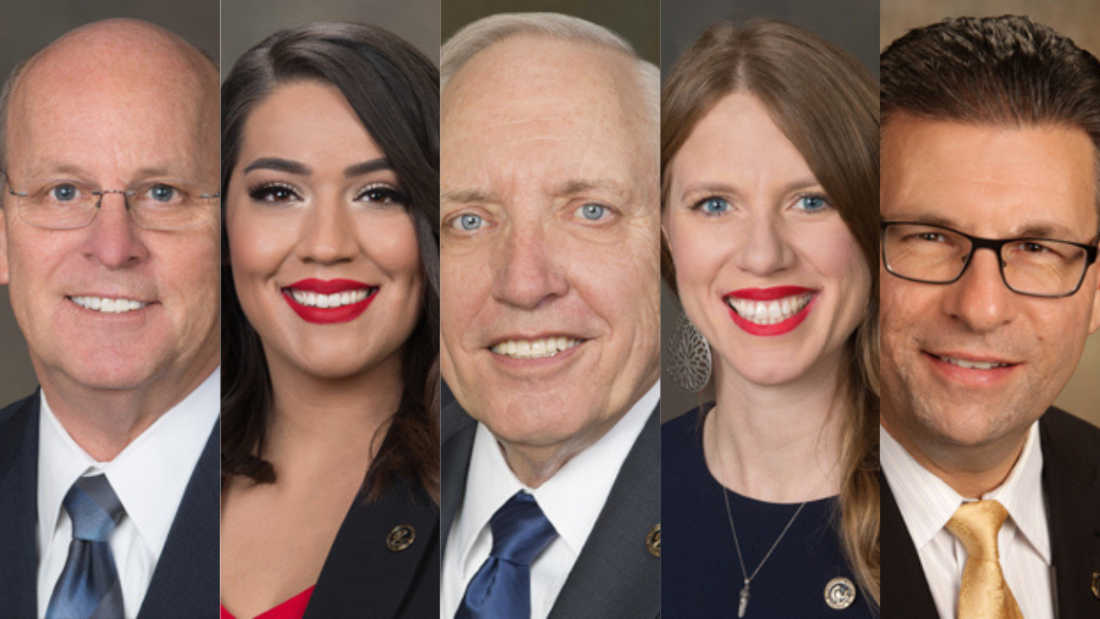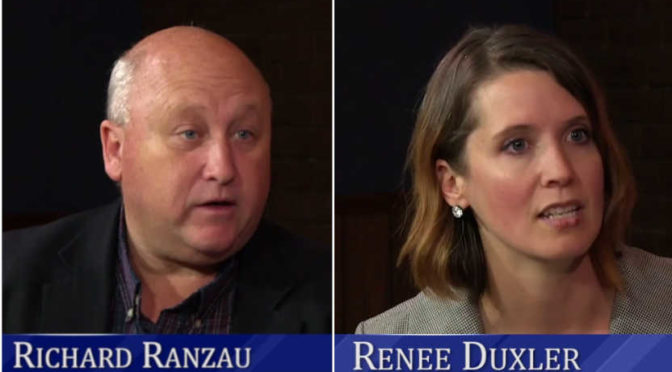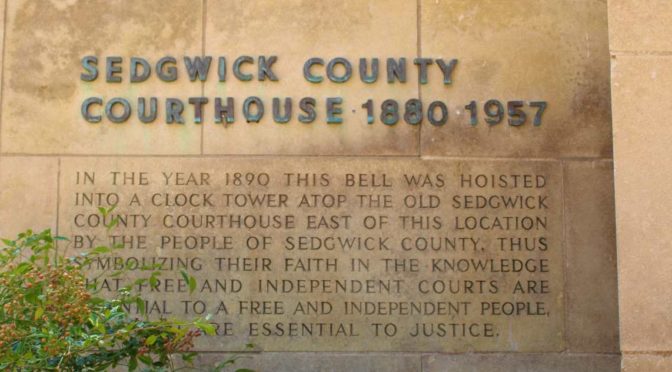Tag: Pete Meitzner
-

Recent Economic History in Sedgwick County
When deciding whether to vote for incumbent Sedgwick County Commissioners, consider the recent economic history of the county.
-

Consider Sedgwick County EMS as You Vote
One of the most important functions of Sedgwick County is providing emergency medical services (EMS). In this, the county has failed.
-

Intrust Bank Arena economic impact holds mistake
A report on the economic impact of the first ten years of operation of the Intrust Bank Arena in downtown Wichita incorrectly reported tax revenue.
-

From Pachyderm: Commissioner Pete Meitzner
From the Wichita Pachyderm Club: Sedgwick County Commissioner Pete Meitzner. He is the chair of the commission this year. This audio presentation or podcast was recorded on February 14, 2020.
-

In Wichita, respecting the people’s right to know
The City of Wichita says it values open and transparent government. But the city’s record in providing information and records to citizens is poor, and there hasn’t been much improvement.
-

Is the Wichita mayor satisfied with this?
A gloomy jobs forecast is greeted with apparent approval by Wichita Mayor Jeff Longwell.
-

The Pete Meitzner era in Wichita
Wichita City Council Member Pete Meitzner is running for a position on the Sedgwick County Commission, touting his record of economic development. Here is the record.
-

Pete Meitzner for Sedgwick County?
In normal times, Republicans may be reluctant to vote for a Democrat for the Sedgwick County Commission. But these are not normal times, and a vote for Pete Meitzner sends a message that we just don’t care about our economy.
-

WichitaLiberty.TV: Richard Ranzau and Renee Duxler
Sedgwick County Commissioner Richard Ranzau explains the current problems with corruption in the county. Then, Renee Duxler tells us why she’s running for Sedgwick County Commission.
-

From Pachyderm: Sedgwick County Commission candidates
From the Wichita Pachyderm Club: Republican Candidates for Sedgwick County Commission. Appearing, in order of their initial appearance, were: Richard Ranzau running in District 4, Pete Meitzner in District 1, and Jim Howell in District 5.
-

Wichita being sued, alleging improper handling of bond repayment savings
A lawsuit claims that when the City of Wichita refinanced its special assessment bonds, it should have passed on the savings to the affected taxpayers, and it did not do that.
-

Is the pursuit of intergovernmental grants wise?
Is the pursuit of intergovernmental grants wise? Would local governments fund certain programs if the money was not seen as “free?”